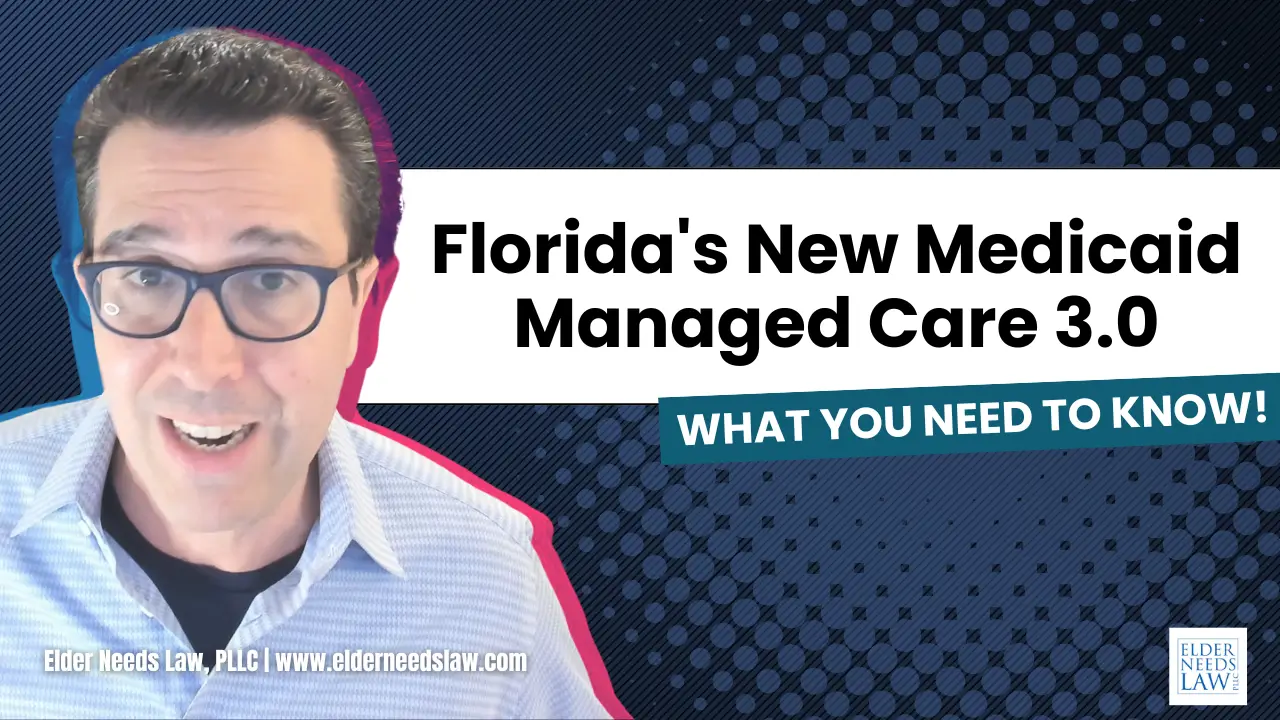21st Century Cures Act

Good news in the Medicaid attorney world: a bill debated in congress, heavily lobbied by elder law attorneys across the country, known as the “Special Needs Trust Fairness Act,” has been merged into what is now known as H.R. 34, or the “21st Century Cures Act.” President Obama Signed H.R. 34 into law on December 13, 2016.
The 21st Century Cures Act tackles a number of issues including $4.8 billion in funding for the National Institute of Health (of which $1.6 billion is earmarked for cognitive diseases such as Alzheimer’s and $1 billion in grants to help states combat opioid / pain killer abuse). Critics claim that the Act is a windfall for big-pharma. While this can be debated, there is one portion of the bill which had bipartisan support and generally applauded by the general public:
Impact on Self Settled Special Needs Trusts
A particular victory for Elder Law Attorneys (and their clients in need of Medicaid planning) is how the 21st Century Cures Act includes an amendment of federal statute 42 USC 1396p(d)(4)(A) that allows for the establishment of self-settled special needs trust for disabled older adults under age 65 without having to rely on a parent, grandparent, legal guardian or court to first establish or “seed” the trust before the adult under age 65 could place their own assets into the Special Needs Trust.
Special Needs Trusts established prior to 12-13-2016 require disabled individuals under the age of 65 to place their own assets into a SNT (which is why it is called “self-settled”) only AFTER a parent, grandparent, legal guardian or court first established the special needs trust. As you can imagine, most elder law clients who are in their 50s or early 60s do not have living parents or grandparents. The prospect of paying expensive legal fees to establish a guardianship or obtain a court order were also unattractive options. Those requiring special needs trusts, in this position, were then required to utilize pooled special needs trusts which charge 2-3% annual administrative costs. While pooled special needs trusts can be an attractive alternative (having a professional trustee has its benefits), it was largely argued that leaving our older adults without the option to produce a self-settled special needs trust bordered on discrimination.
Special needs trusts established after 12-13-2016 need only be under age 65 and disabled in order to establish their own self-settled d4A special needs trust. However, just as prior to enactment of the 21st Century Cures Act, all special needs trusts must provide that the State be “first payee” - reimbursed up to the amount Medicaid paid for the disabled special-needs trust beneficiary - after the Medicaid recipient (and trust beneficiary) passes away.
While I believe that the Act could have gone further and removed the under age 65 requirement, this is certainly a move in the right direction.
Medicaid Lawyer Resources
Washington Post Article on 21st Century Cures Act.
Social Security Administration Emergency Message re: Special Needs Trusts.

Jason Neufeld
Jason is committed to assisting and protecting the most vulnerable members of society, through his substantial legal work with the elderly.







